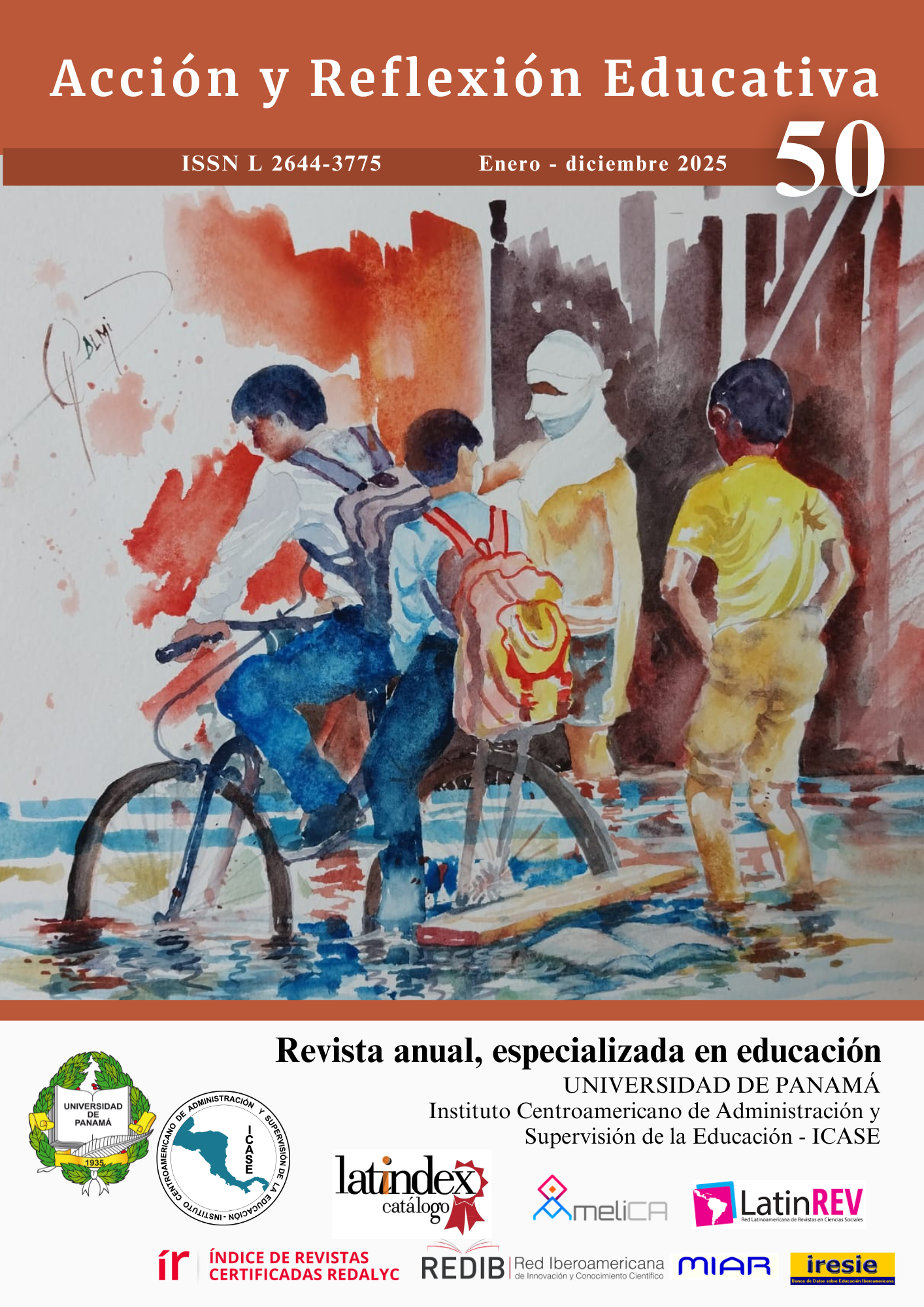

Copyright (c) 2024 Los autores

This work is licensed under a Creative Commons Attribution-NonCommercial-ShareAlike 4.0 International License.
University education is a platform that drives knowledge, transformation and innovation, called to accept the challenges of cybersociety. The emergence of Artificial Intelligence in universities requires an academic, from now on called a trans-advisor, capable of resizing the cognitive process, thus permeating adaptation skills to the dizzying social changes due to technological advances. Andragogy, a model of self-management strategies for the individual in adulthood, transcends towards a new approach called heutagogy, for self-determination and promotion of lifelong learning, framed in the disruption of Artificial Intelligence, illuminated by transcomplexity, a metamodel that urges to raise emerging positions to humanize the embrace of technology embedded in the multidiversity of knowledge. The intentional prism of this article is to reflect on the impact of Artificial Intelligence in universities from transcomplex ethics. The methodological support is embraced by reflexive hermeneutics. The theoretical foundation is based on the epistemology of transcomplexity. It is concluded that the trans-advisor is a lens that filters the integration of the man-technology-moral tripod in the light of transcomplex ethics.